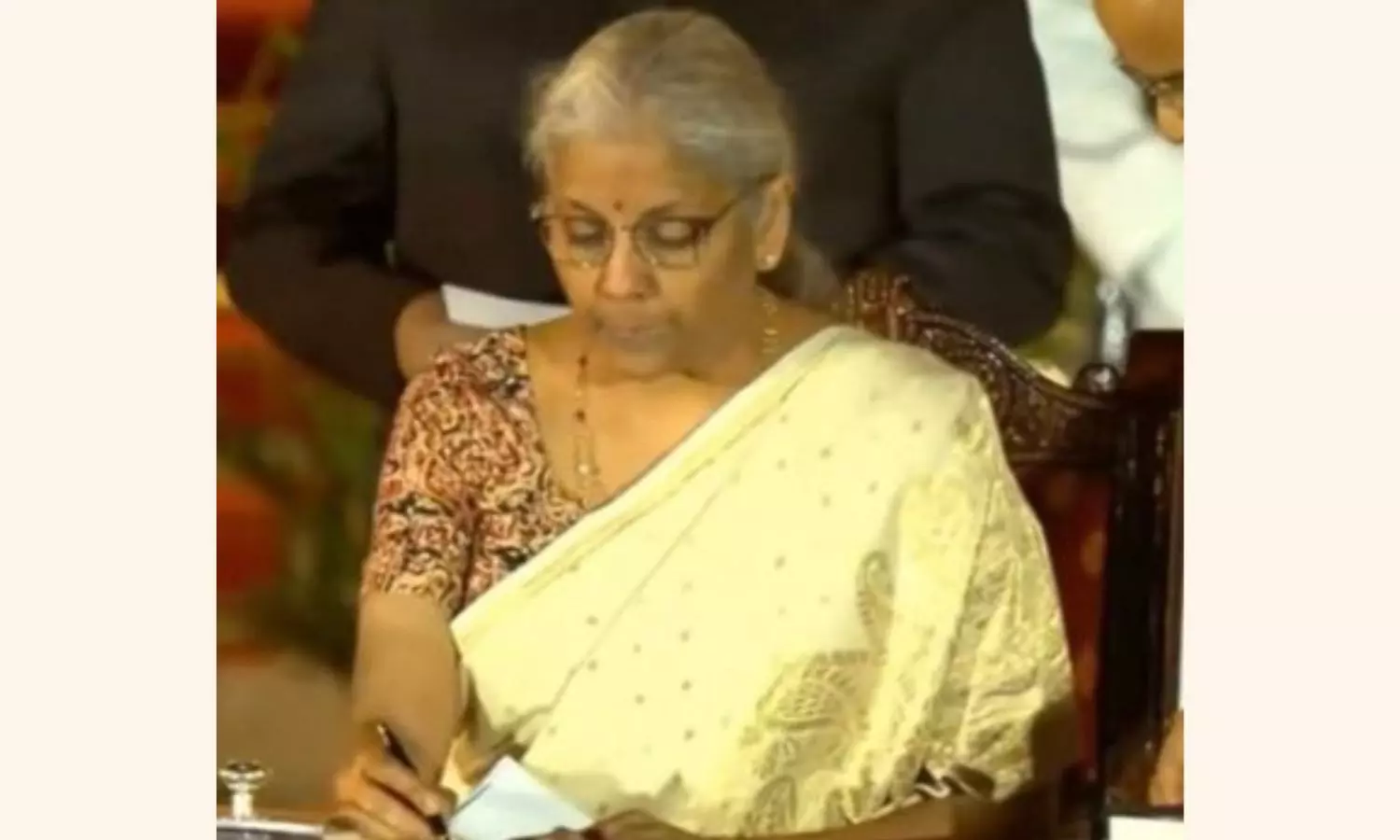Sitharaman proposes amendments to LTCG tax provision on immovable properties

New Delhi: Union finance minister Nirmala Sitharaman announced on Wednesday that the long-term capital gains (LTCG) tax proposal on real estate will be amended. Taxpayers will now have the option to compute their tax liability under the old system or at reduced rates without indexation and pay the lower of the two.
The government had issued a circular on Tuesday proposing significant relief for individuals who bought houses before July 23, 2024. This allows them to choose between two tax rates for the LTCG tax. Meanwhile, the Lok Sabha passed the Finance Bill 2024.
“There has been a substantial tax relief for the middle class in the last two years. The rollover benefit will be available to taxpayers who buy new immovable property utilising the capital gains from the sale of old property,” Sitharaman said during a debate on the Finance Bill in Lok Sabha. This move comes after sharp criticism from various quarters, including the Opposition and tax professionals, when the finance minister in her Budget 2024-25 speech proposed to remove the indexation benefit in the calculation of long-term capital gains on the sale of immovable properties. The Budget, presented on July 23, proposed a lower 12.5 per cent rate of LTCG tax, down from 20 per cent, while eliminating the indexation benefit.
In her address to the Lok Sabha, Sitharaman listed the measures taken by the Modi-led government for the middle class. Besides providing substantial relief to the middle class, she announced a comprehensive review of the rate structure of indirect taxes in the next six months.
The major amendment in the Bill restores the indexation benefits on the sale of properties bought before July 23, 2024. Individuals or Hindu Undivided Families (HUFs) who purchased houses before this date can opt to pay LTCG tax at the new rate of 12.5 per cent without indexation or claim the indexation benefit and pay 20 per cent tax. “The indexation benefit was proposed to be removed in the Budget to bring all asset classes under one rate and not to enhance revenue," she said.
Sitharaman highlighted that the Modi government has simplified the taxation regime and eased compliance without drastically increasing taxes. "The middle class benefitted from various tax proposals in budgets brought by the Modi government," she stated.
She praised Prime Minister Modi's efforts during the Covid-19 outbreak, noting that his directive was in stark contrast to developed countries, which imposed taxes on citizens to meet Covid-19 expenditures. "The country has moved away from the days of tax terrorism. The Faceless Appeal Scheme and Vivaad Se Vishwas brought relief to many taxpayers," she added.
The finance minister noted that the effective tax on an annual income of Rs 15 lakh was reduced to 10 per cent in 2023 and further reduced this year under the new I-T regime. "The pending litigation and demands sorted under the Vivad se Vishwas scheme helped the middle class and small businesses. Additionally, increasing the LTCG tax exemption limit to Rs 1.25 lakh from Rs 1 lakh will help the middle class invest in the stock market," she said.
She also mentioned that the customs duty cut on labour-intensive leather and textile sectors will promote trade and employment. "The average processing time of income-tax returns has reduced from 93 days in 2013 to 10 days now. Also, 7,754 tax appeals will be withdrawn from various judicial fora due to the upward revision of the monetary limit for filing appeals," she stated.
On income-tax returns, Sitharaman said that as many as 5.25 crore taxpayers, or 72.8 per cent of individuals, have chosen the new I-T regime. "Taxpayers can compute liability on the sale of land and buildings acquired before July 23, 2024, based on the lower of the new and old LTCG tax rates. The current amendments ensure there will be no additional tax burden regarding LTCG tax on real estate sales. We did not remove the indexation benefit on LTCG tax to increase revenue; rollover provision exists if capital gains are invested in new properties," she concluded.

